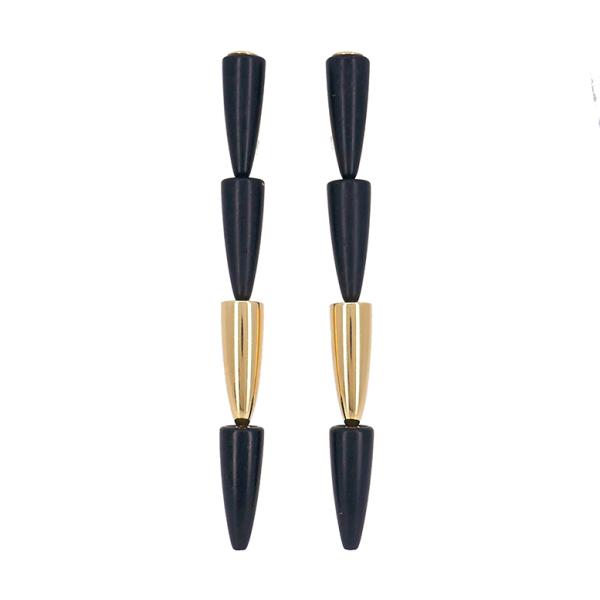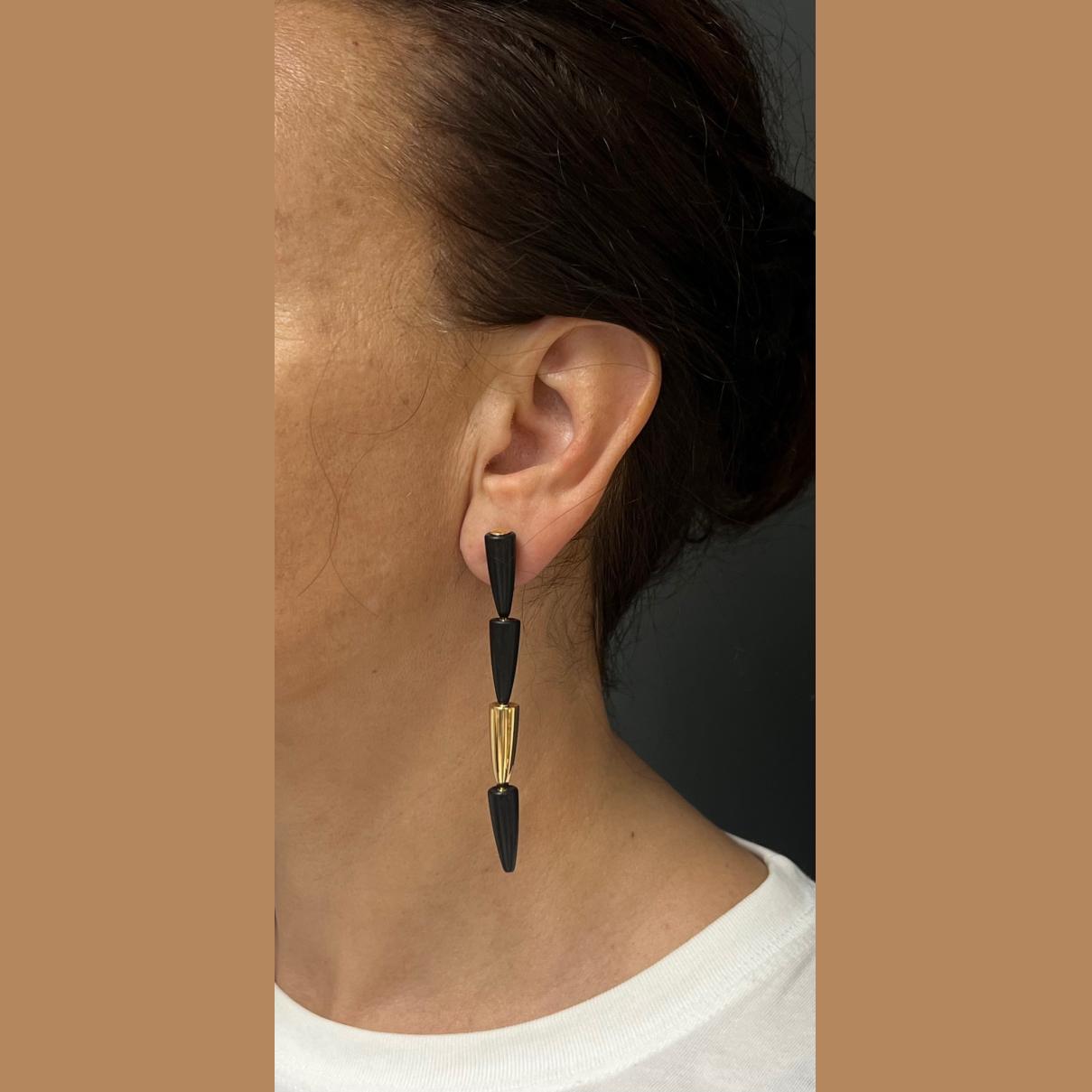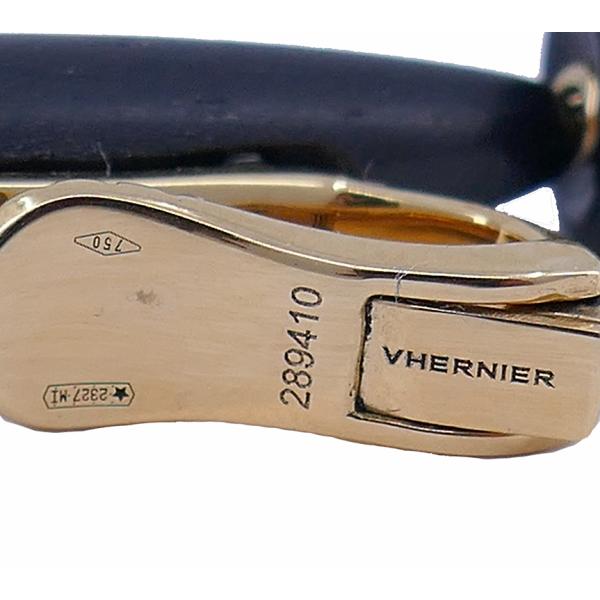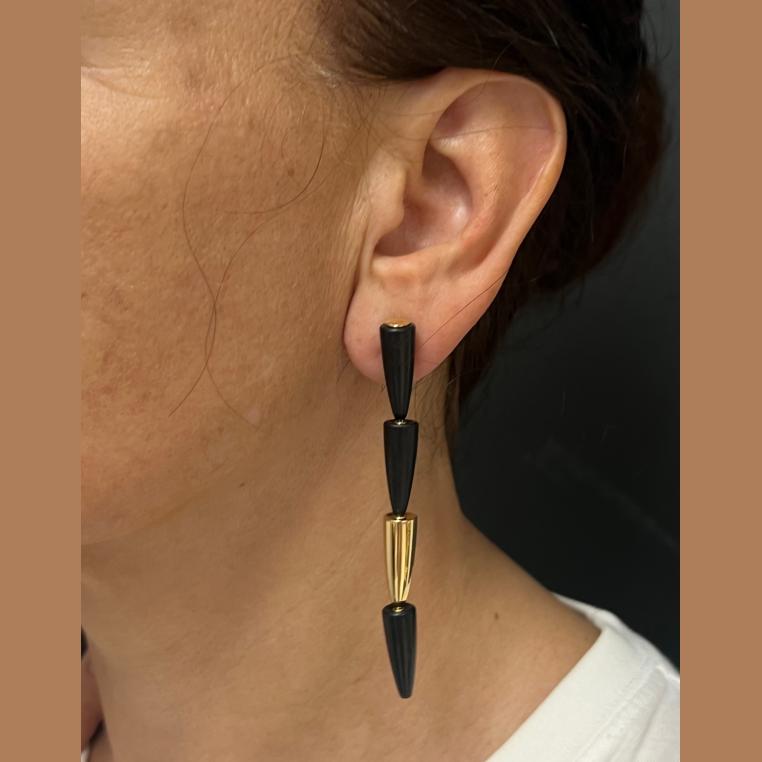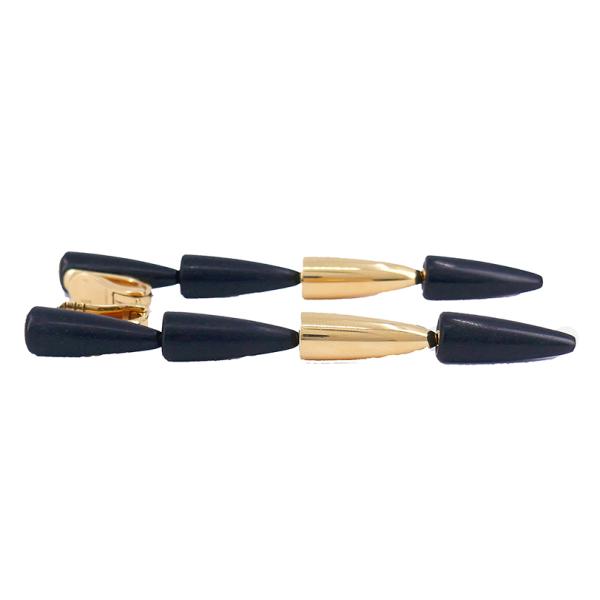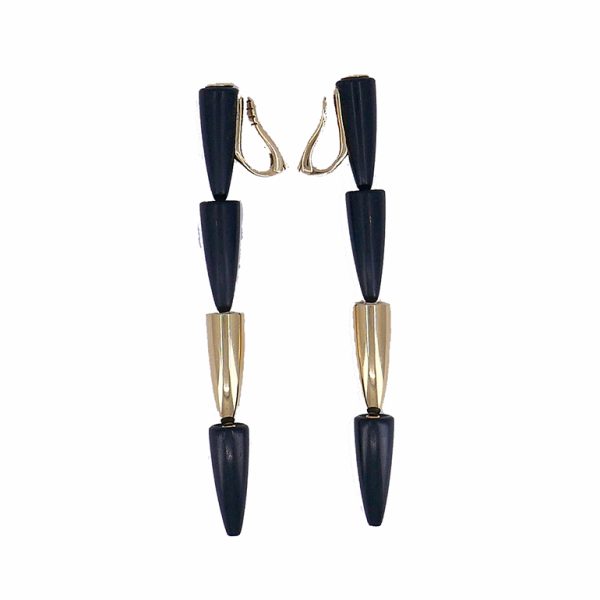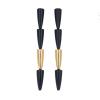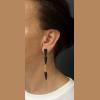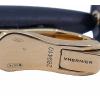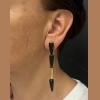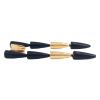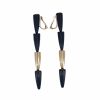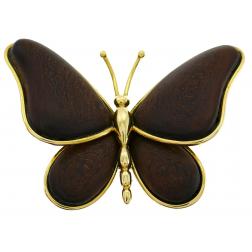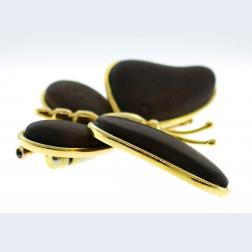About Vhernier Brand
Vhernier, an Italian jewelry brand known for its innovative designs, founded by Angelo Vhernier in 1984 in Valenza. From the beginning, Vhernier set out to create avant-garde jewelry pieces that stood out in the competitive luxury market.
An inimitable blend of subtle nuances and strong lines brought Vhrenier brand to the top of the jewelry world. Seamless fluidity, flowing curves, and superb quality of craftsmanship define Vhernier’s truly unique style.
As a company, Vhernier has been always pushing the boundaries of traditional jewelry design. At the core of the brand’s philosophy is an innovative spirit that comes along with almost irrational devotion to perfection.
Vhernier often incorporates geometric shapes into its designs. The brand is known for its use of architectural elements, modern lines, and its use of unconventional materials in jewelry making. While Vhernier embraces minimalism, there is usually a sophisticated twist that adds character to each design. This blend of simplicity and innovation contributes to the brand’s aesthetic.
Curves and shapes of Vhernier jewelry are highly recognizable and make it stand out among others. Unlike the most global jewelry brands, Vhernier has been perfecting its classic creations over the decades, slowly adding new styles. Big, colorful stones are another brand’s signifier. To blend the colors and shapes, Vhernier applies its uncanny craftsmanship techniques. Being created at the intersection of art and architecture, each Vhernier piece conveys a sense of futuristic magic.
Shop Nadine Krakov Collection for Vhernier pieces here.
About Italian Jewelry
Italian Jewelry History –
Italian jewelry style is deeply rooted in the history of the region. The beginning of it can be marked as far as 700 BC. What we consider today as the Italian style was impacted by the ancient Greek, Roman and Etruscan cultures.
Italian jewelry of all time is mostly made of yellow gold. This metal has been favored the most by the Italian makers. In the Etruscan region goldsmiths developed such processes as alloying and engraving, also the granulation method got perfected and became a signature.
In the later Middle Ages, the most sought-after jewelry pieces came from Vicenza and Florence. During the Renaissance era, the art of jewelry making was as important as painting and architecture. Later, in the Baroque era, jewelry design shifted from bold and straightforward pieces to intricate and more detailed.
Today Italian jewelry style and look depends on a certain maker. However, “made in Italy” jewelry always relates to luxurious lifestyle, timeless design, and exquisite manufacturing.
Italian Jewelry in the 1970s –
The 1970s marked an era of unique and distinctive styles in the world of Italian jewelry. During this time, Italy played a leading role in shaping jewelry trends. It was the era of bold designs, innovative materials, and a fusion of traditional craftsmanship with modern influences.
Designers of the 1970s experimented with a wide range of materials, moving beyond the traditional use of gold and precious gemstones. They incorporated coral, turquoise, mother-of-pearl, resin, and even plastic. This creative use of diverse materials added a playful and unconventional element to the jewelry. The geometric and abstract design trends of the 1970s influenced Italian jewelry. To be in sync with the artistic movements of the era, jewelers integrated symmetrical patterns, angular shapes, and fluid lines.
A fearless approach to design and a strong connection to the cultural movement continue to influence Italian jewelry design and fashion to this day.
Italian Chains –
In Italy chain production started somewhere back to the ancient times, as braided chains were found in Ur and Uppsala at the archaeological sites. They were crafted by using knitting technique and were precursors of the modern link chains.
Thanks to Italian makers, we have Figaro, Anchor and Spiga links today. Those links could be a result of reinvented and reimagined Catholic rosaries. In our time Italian gold chains are well-known for its durability and great design.
One of the Italian makers, UnoAErre, gave 18k gold Italian chains a worldwide fame in the 1980s. Gucci became a synonym of anchor chains. Tubogas design invented by Bulgari is iconic and used by many designers not only in chains but for making gold tubogas bracelets, earrings and rings.
Italian Makers –
So many great jewelry brands came from Italy, it’s really challenging to mention just a few. Vhernier, Roberto Coin, Pomellato and of course, Bulgari could be the first who come to mind when we think of the Italian makers.
We also should mention Carlo Weingrill, a jewelry house from Verona. Their high-quality pieces have been sought after in the last few decades. The house has been family owned by four generations of jewelers.
Passing family traditions of workmanship is another staple of Italian jewelry making. Italian cultural heritage, high-skilled makers and great quality materials keep the never-ending popularity of Italian jewelry going.

